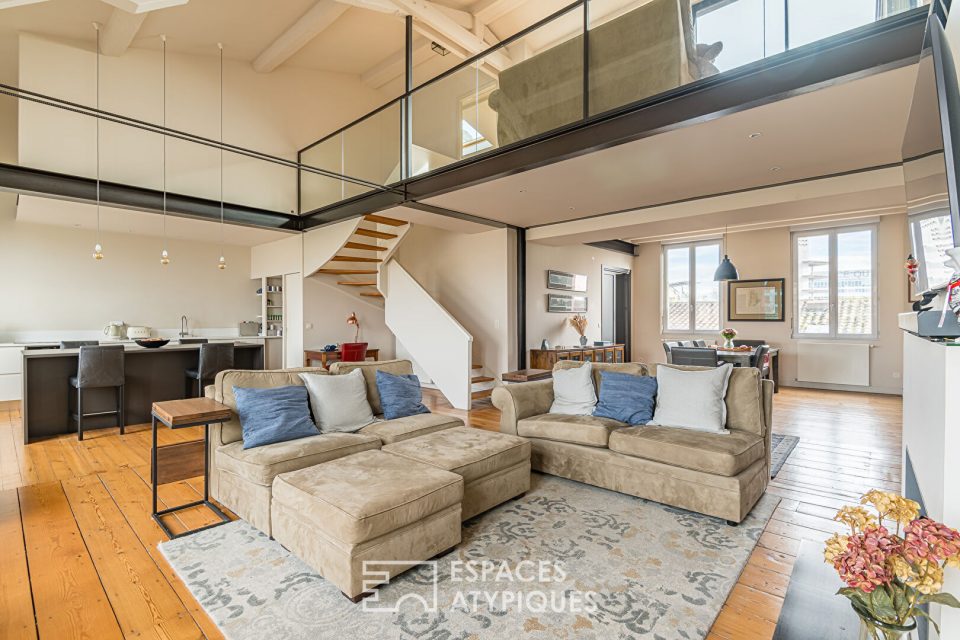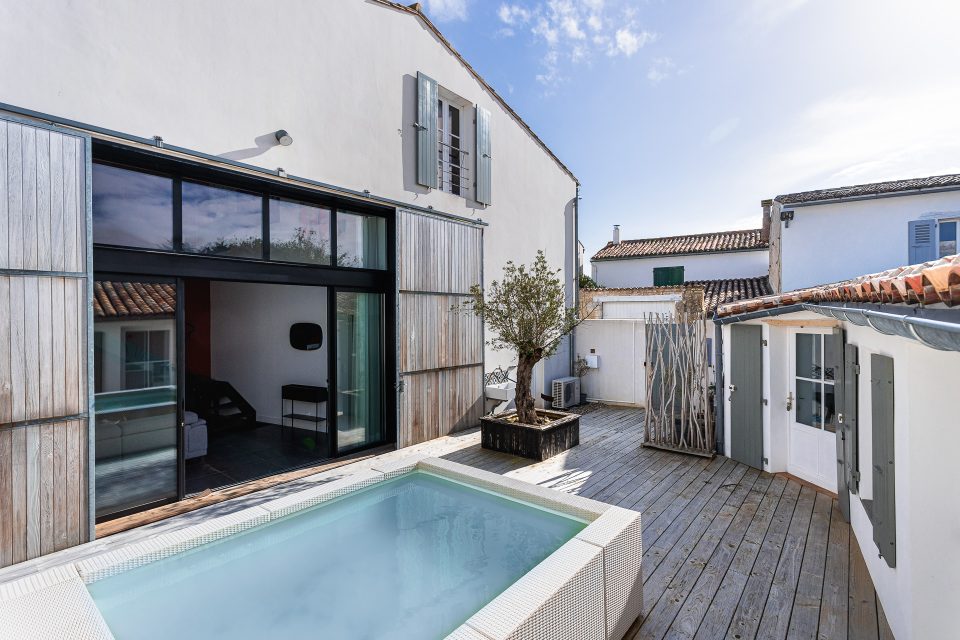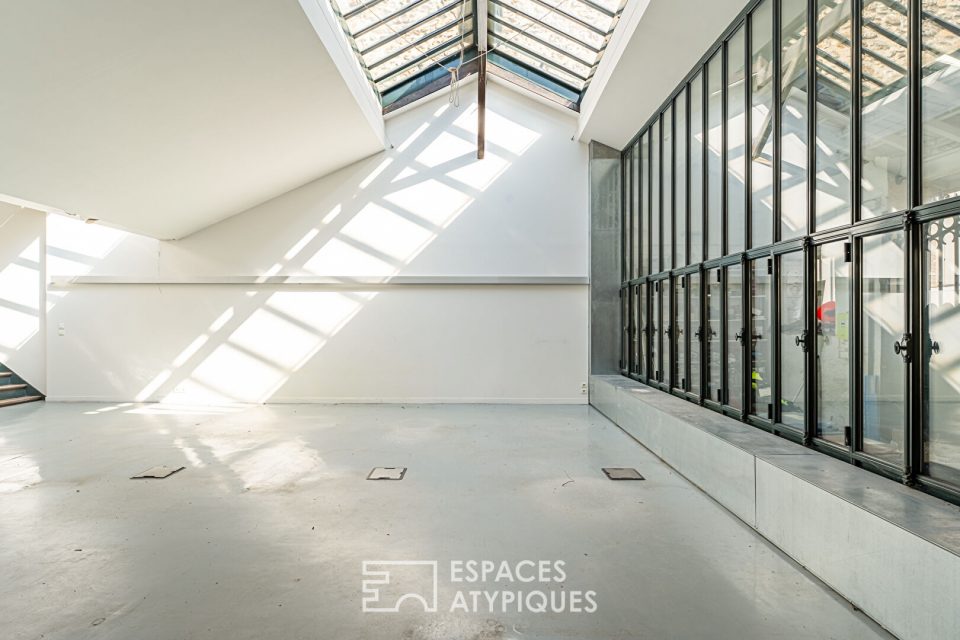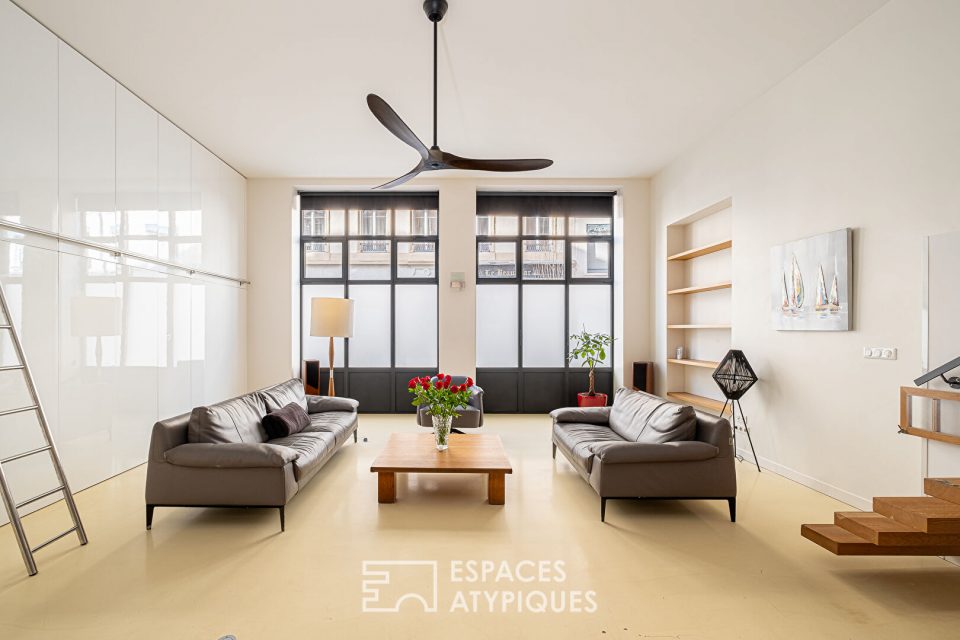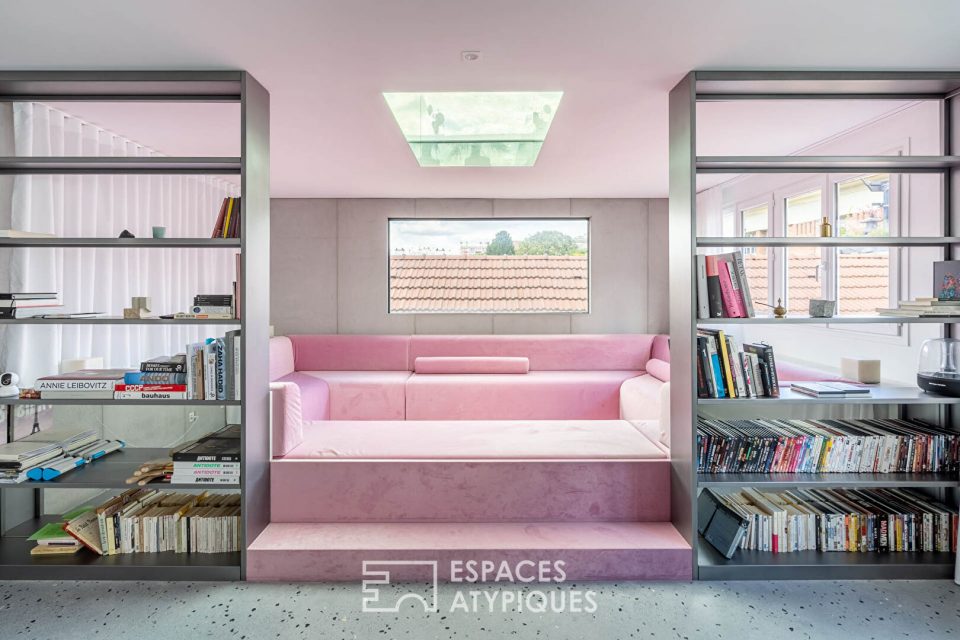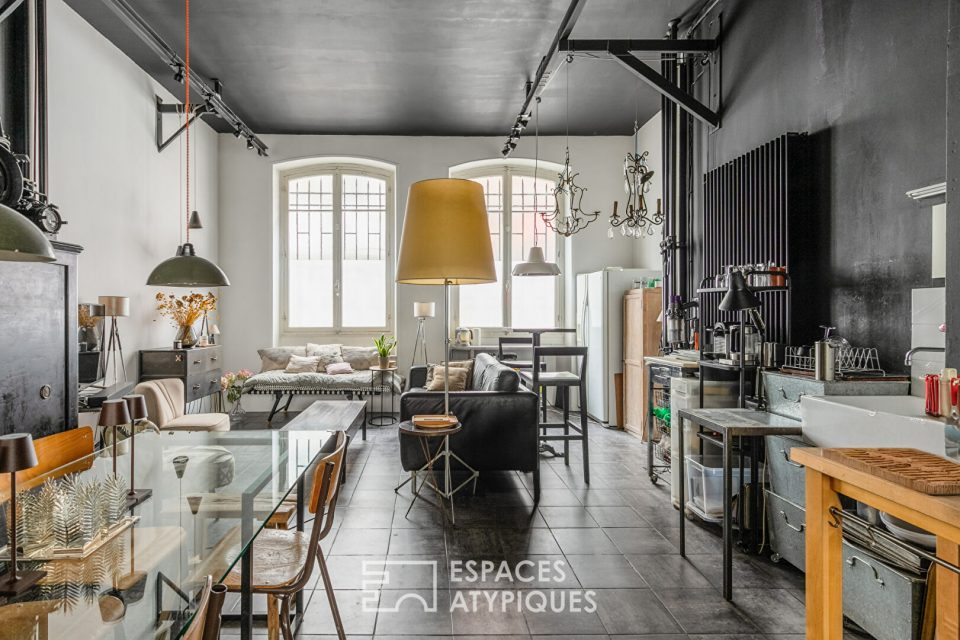Say goodbye to a succession of small rooms, and hello to large open life spaces. Popularised in the USA, the loft apartment has reinvented the rule book on interior design.
New York, 1970. Deserted by city dwellers seeking a better quality of life, some areas of downtown Manhattan are becoming depopulated as people move out to the suburbs. But it’s not long before dilapidated business and industrial buildings start being repurposed as low-cost housing by artists looking for open space. These exceptional apartments started to become popular in France during the 1980s, especially in regions with a working-class past, like the Île de France and Hauts de France, but also in Paris, where former artists’ studios were still to be found hidden away in overgrown dead-end streets.
This type of home appeals mainly to professionals and artists, who value the feeling of space created by having no partitions between rooms.By breathing new life into neglected neighbourhoods from New York to Barcelona, loft apartments are effectively gentrifying entire neighbourhoods and breathing new life into them.
Originally a low-cost solution, lofts have become highly desirable, and now spearhead the appetite for exceptional properties. Loft spaces accounted for one-third of all the apartments sold by Espaces Atypiques in 2016. In today’s market, the majority of buyers (54%) are senior professionals and executives.
Think ‘decompartmentalised’
Originally working areas of factories, weaving mills and steel mills, industrial-style loft apartments are gradually moving on from this aesthetic to reinvent themselves as more designer and more upmarket homes. So the style is no longer confined to former business premises. Inspired by the artist studio aesthetic, buyers of designer loft apartments no longer hesitate to remove walls, even in spaces that may not immediately seem a natural choice.
At the heart of this architectural revolution is the desire to exploit the innate characteristics of any loft space: exceptional ceiling height, structural steel beams, large windows and huge volumes…
In contrast to Haussmann-style apartments with their small rooms linked by corridors, loft spaces provide the floor area needed to rethink the art of communal living: averaging 141 m2, they are 50 m2 larger than the average French home.
Decompartmentalising spaces introduces new flows and a completely new way of using the home. Buying a loft apartment is also a unique adventure: finding a property that needs total conversion, breaking with its history as a farm, quirky garage, etc., and making your wildest dreams come true down to the last detail.
